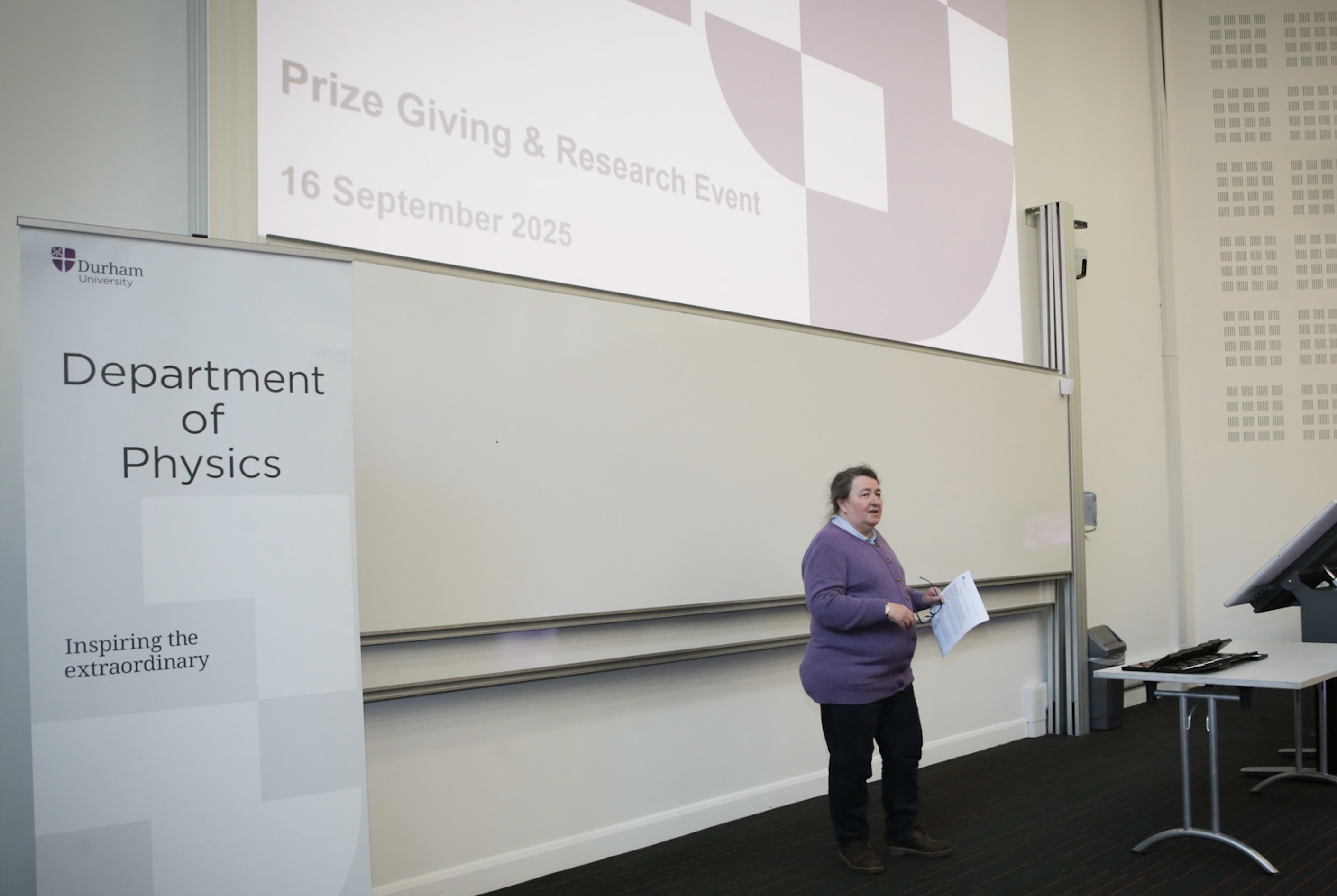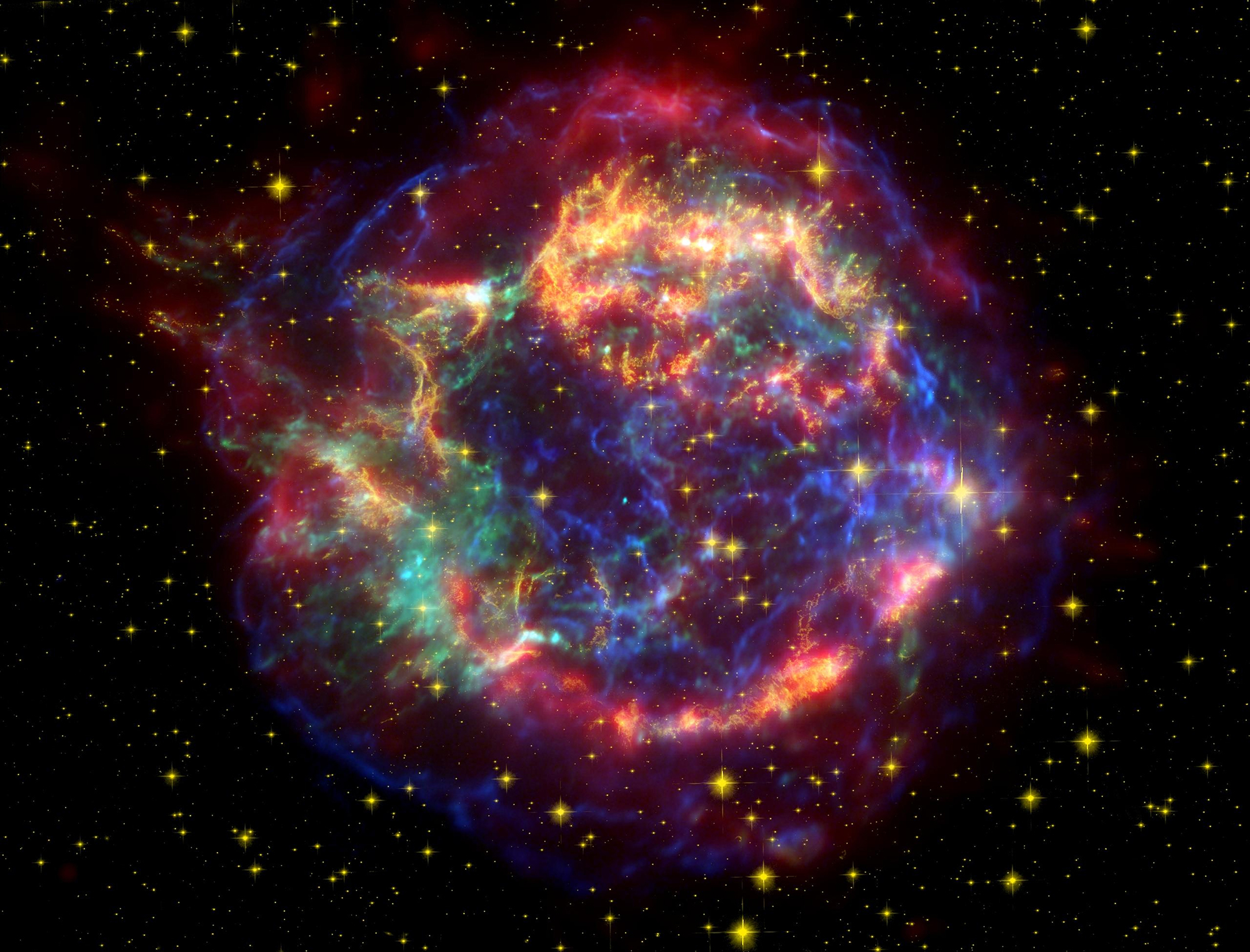Latest News
Revealing dark matter’s influence on the Universe
Research jointly led by our astronomers has created the highest resolution map of the dark matter that threads through our Universe.
Looking further into space and time than ever before
Durham researchers are pushing the boundaries of physics research, contributing to major advances in our understanding of the Universe.
The 2026 Icy Durham Practical Course (CDT in Fusion Power)
Shortly after the 2026 New Year's festivities had finished, thirty 1st year fusion PhD students braved the ice and snow to come to the Physics Department at Durham University for three days to make some critical current (IC) measurements on high temperature superconductors (HTS).
Astronomers discover mysterious shock wave around dead star
Astronomers from our Physics department have discovered a striking and unexplained shock wave surrounding a dead star.
Dr Daniel Ruttley Awarded Entanglement Prize at Quantum Talents Symposium in Munich
Dr Daniel Ruttley, a researcher from the Quantum Light and Matter (QLM) group, has been awarded the prestigious Entanglement Prize, sponsored by the QuantumLeaks Foundation, at the Quantum Talents Symposium in Munich.
Global recognition for innovative teaching
The quality of teaching and learning that our students enjoy at Durham has been recognised at a global awards ceremony.
Professor Adekunle Adeyeye made a Fellow of the IEEE in the USA
Professor Adekunle Adeyeye, Professor in Physics and Principal of Trevelyan College, has been awarded the prestigious Fellowship of the Institute of Electrical and Electronics Engineers of the USA for his “contributions to synthesis and characterization of magnetic nanostructures for low-power magnonic information processing applications”.
Impactful Durham researchers recognised in global highly cited list
Six Durham researchers have earned a place on one of the world’s most respected research rankings.
Prof. Leah Morabito will deliver the 2025 Christmas Lecture, titled 'The Radio Universe'
Visible light is only a small portion of the electromagnetic spectrum. What does the Universe look like at radio wavelengths? This lecture will explore the surprising and fascinating history of radio astronomy, and take a look at what we have learned about super-massive black holes using radio telescopes.
Durham scientists supporting NASA mission to find Earth-like worlds
Our scientists are investigating how a UK-led team could design and build a core instrument for a flagship NASA mission to search for life on distant planets.
New telescope captures first light in Chile
A major milestone in a global telescope collaboration involving astronomers from our Department of Physics has been achieved.
The 2025 Physics Awards for Excellence
The Physics Department's 2025 Awards for Excellence event took place on 16th September in PH8. The event featured a series of science talks, designed to be accessible and engaging for all members of the Department, followed by the presentation of this year's awards.


/prod01/prodbucket01/media/durham-university/departments-/physics/teaching-labs/VT2A9034-1998X733.jpeg)
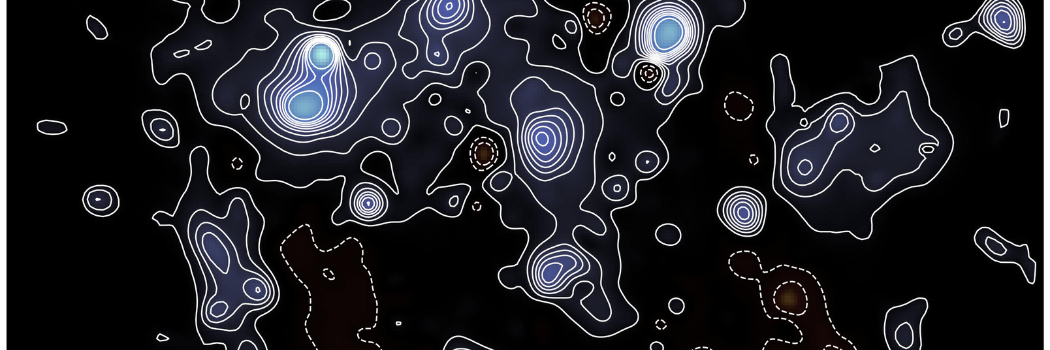
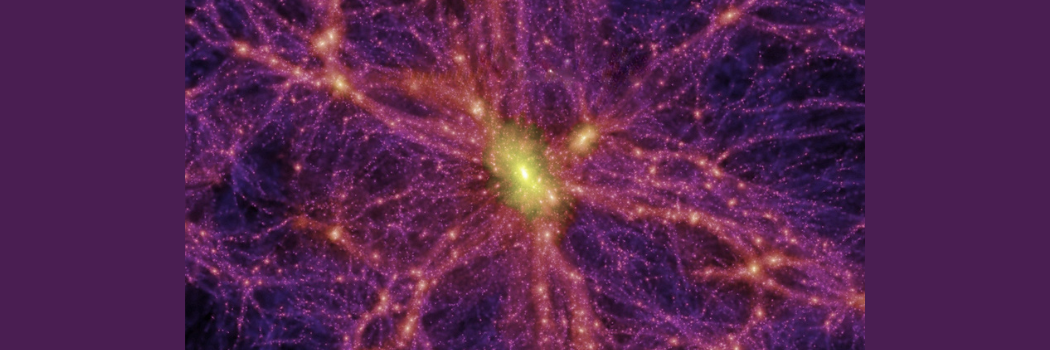
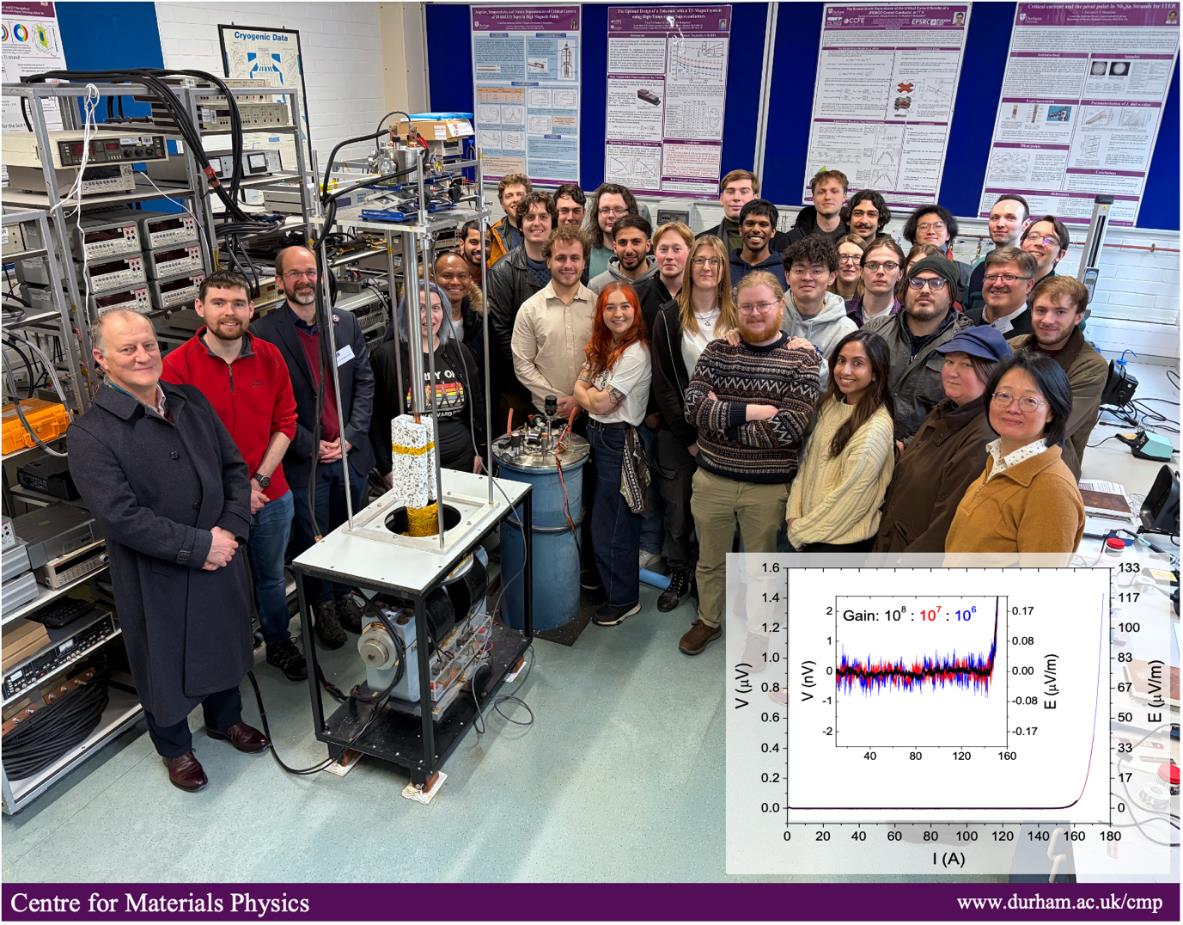
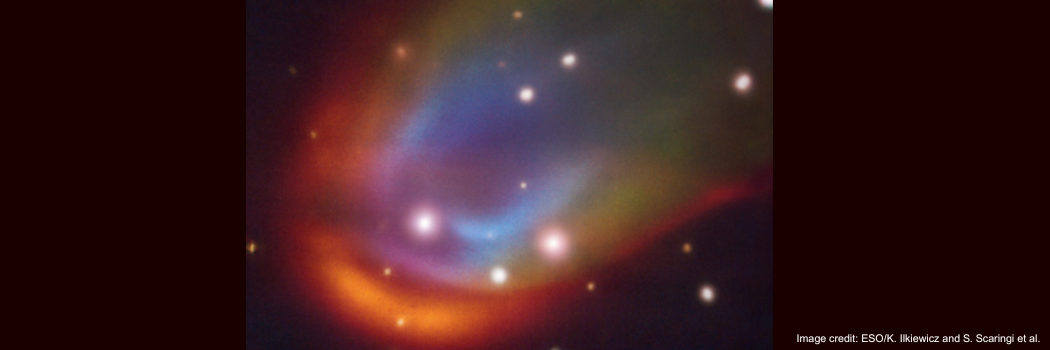


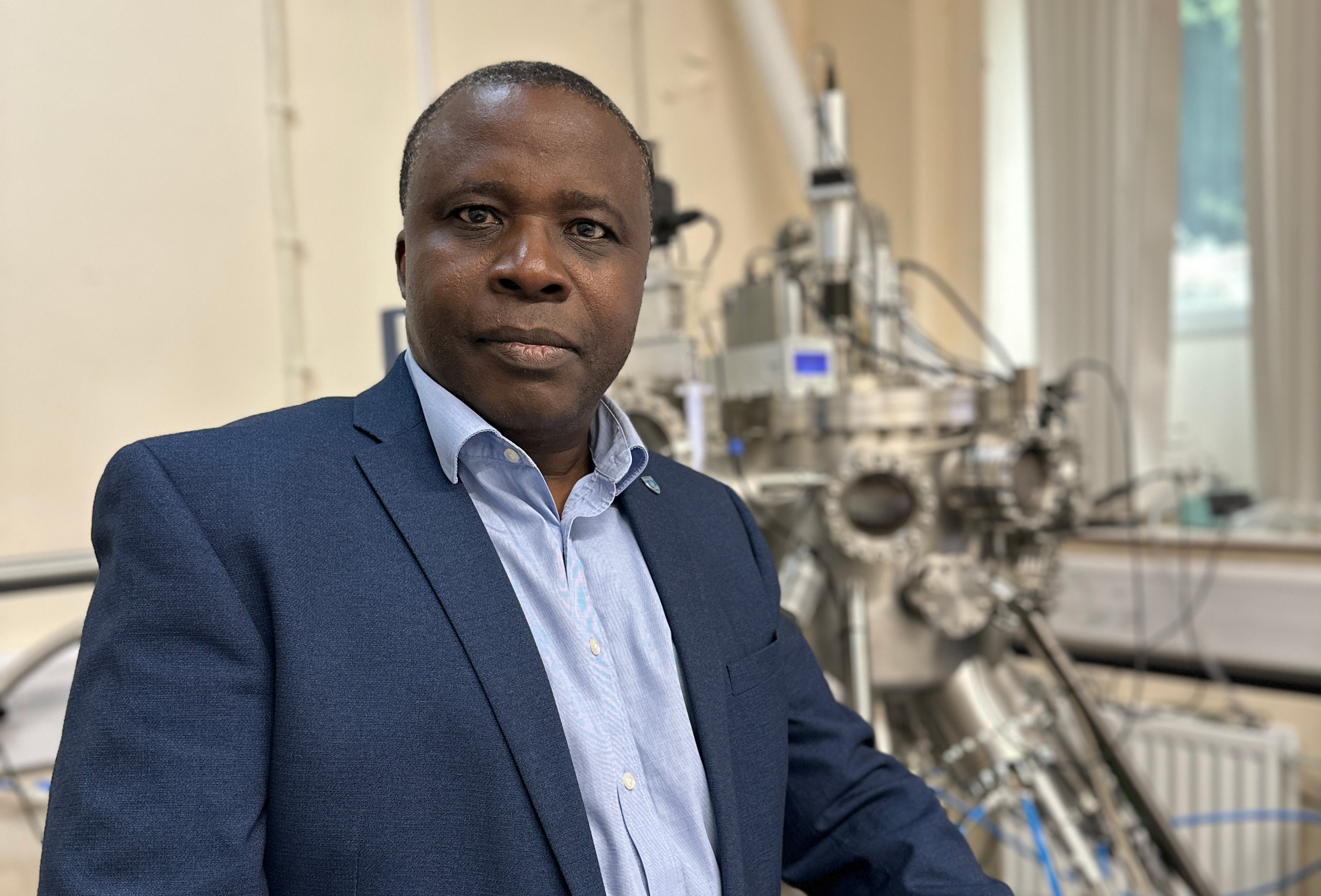
.png)
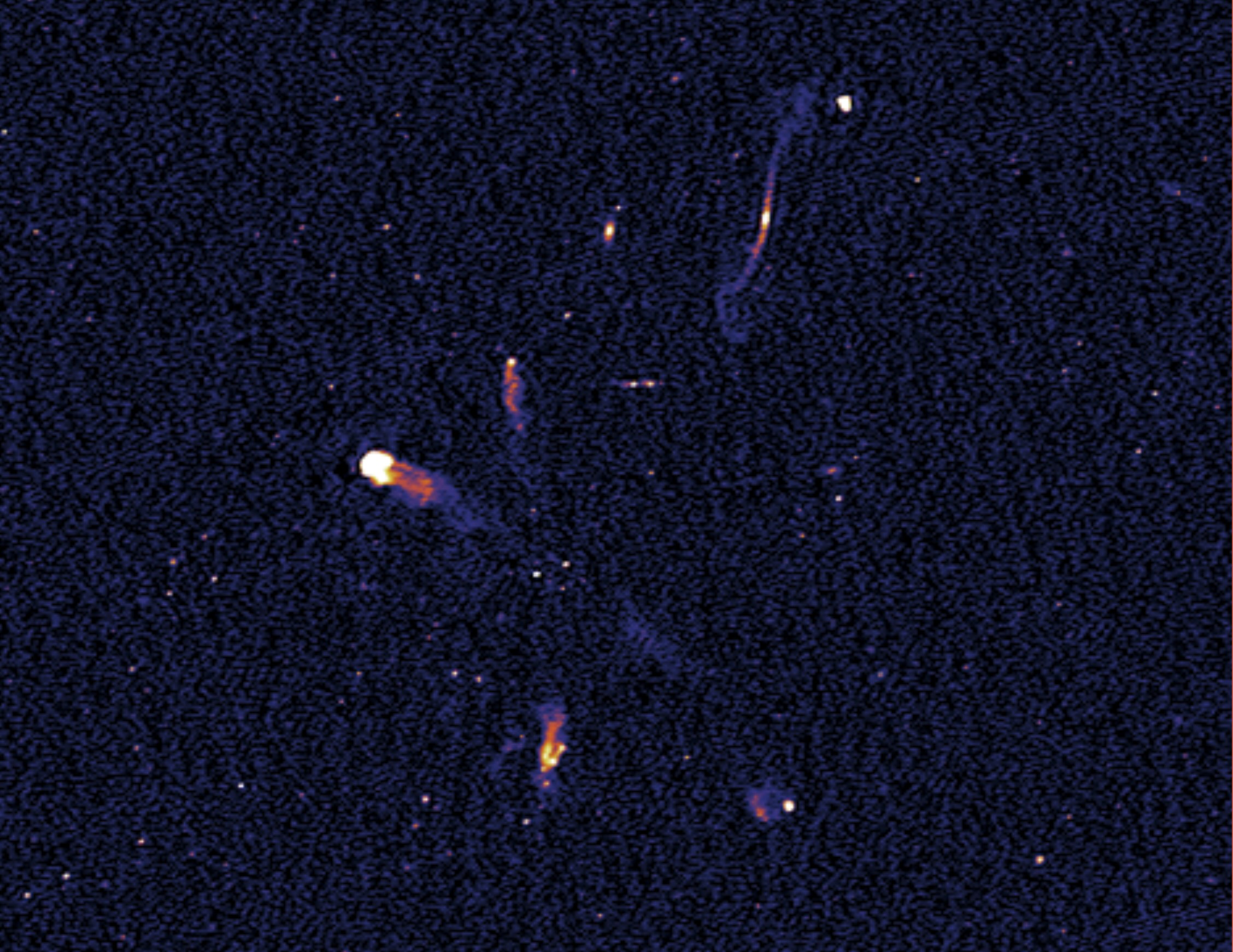
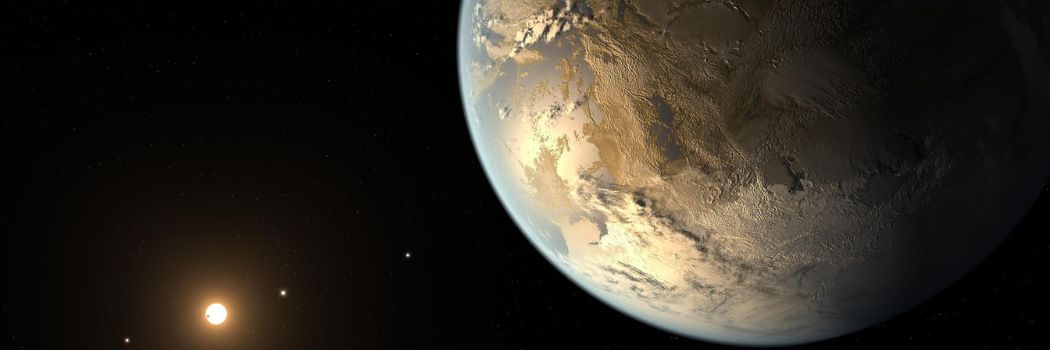
.png)
